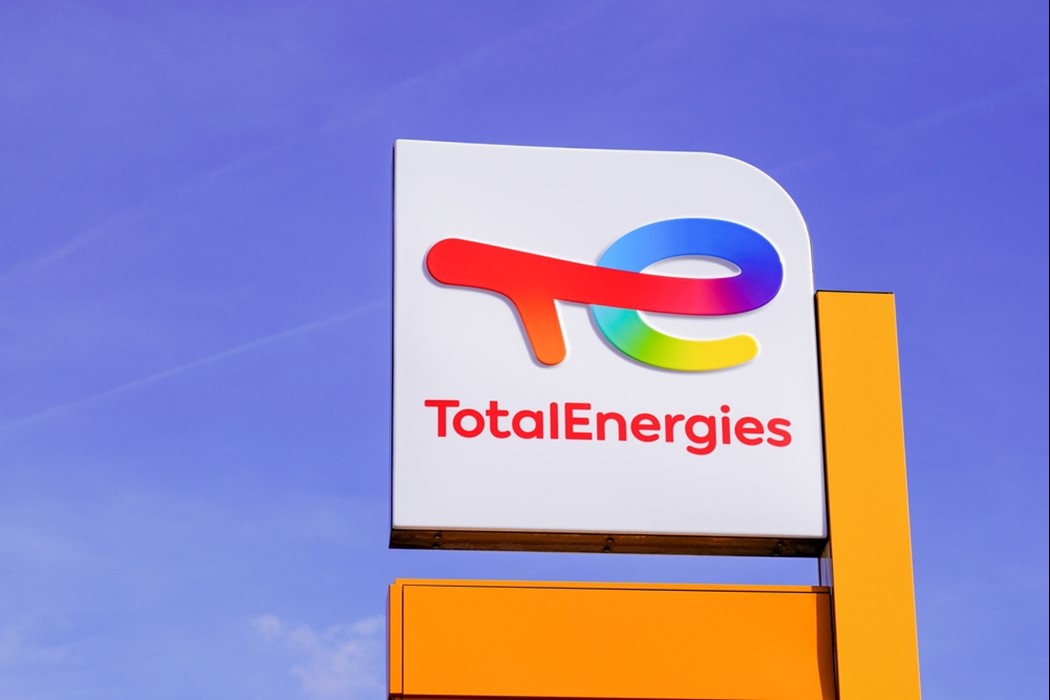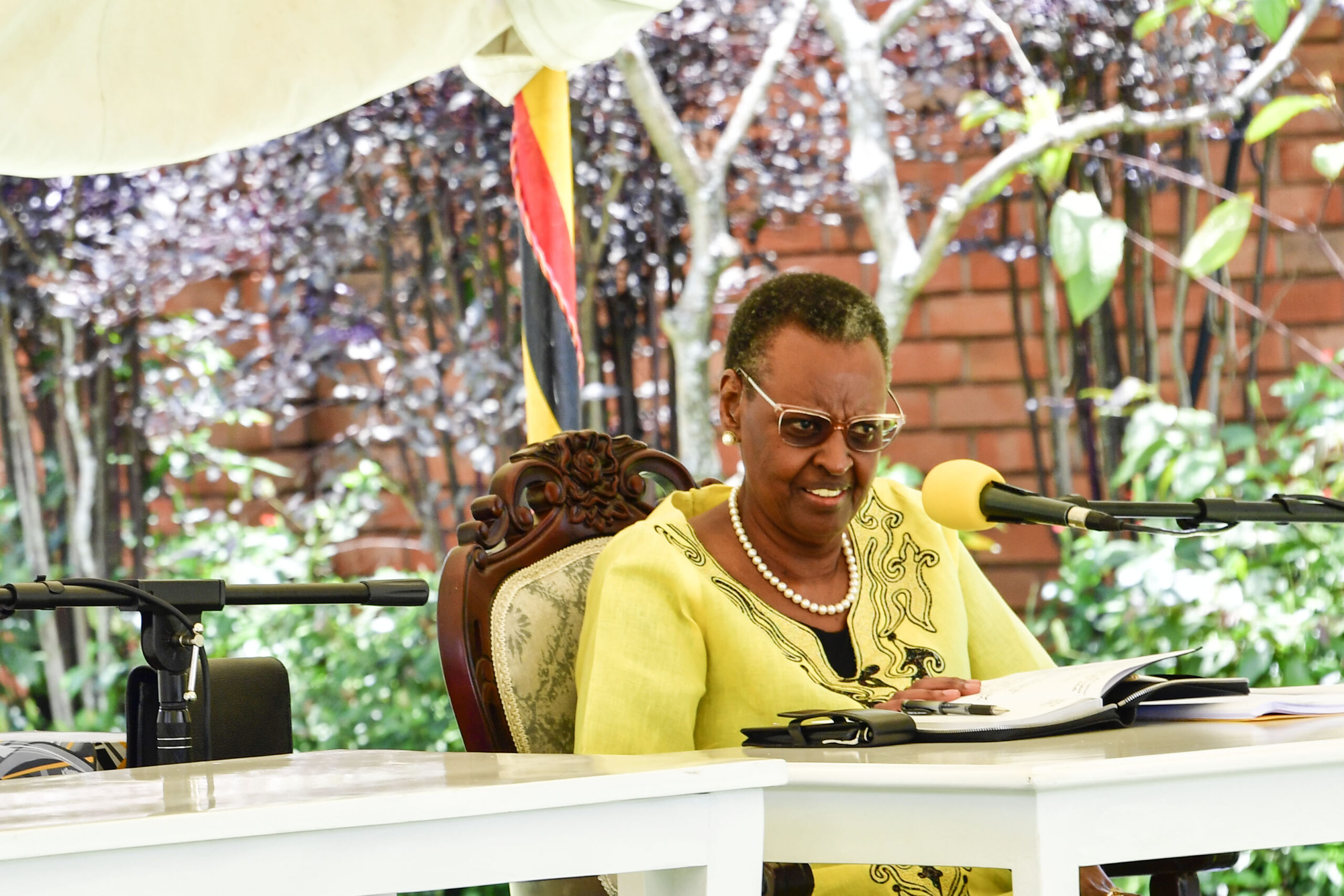In a dramatic turn of events, TotalEnergies, the French energy juggernaut, finds itself at the epicenter of a legal maelstrom.
Four formidable environmental associations, including Darwin Climax Coalitions, Sea Shepherd France, Wild Legal, and Stop EACOP-Stop Total, have hurled a barrage of accusations, decrying the company’s alleged ecological transgressions in East Africa.
Le Monde, the venerable French newspaper, chronicles the accusations, painting a portrait of a company accused of “damaging the environment” and stoking the fires of climate change through its association with the East African Crude Oil Pipeline (EACOP).
The charges include a damning indictment, accusing TotalEnergies of evading responsibility in the face of a looming global catastrophe, endangering lives, and even being complicit in causing death through negligence.
In a titanic showdown, TotalEnergies responds, claiming ignorance of the complaint, yet standing ready to mount a vigorous defense against the allegations should the need arise. This legal duel promises to be nothing short of a courtroom spectacle.
The $10 billion EACOP venture, a colossal collaboration between TotalEnergies, the China National Offshore Oil Company, and the governments of Uganda and Tanzania, stands as a testament to the immense stakes in play.
This ambitious project spans a mind-boggling 1,443 kilometers, threading its way through the heart of East Africa, with Uganda and Tanzania bearing witness to its monumental passage.
Amidst this sprawling endeavor, TotalEnergies sets its sights on drilling a staggering 400 oil wells in Uganda by 2025, a feat of engineering and ambition that reverberates through the annals of industrial history.
Yet, as the legal tempest rages, echoes of past grievances resurface. Environmental associations in Uganda previously accused TotalEnergies of deceit in their climate policies, triggering a preliminary investigation in January 2022.
Now, a fresh salvo of concerns arises, with environmental activists warning of potential devastation to Uganda’s precious wetlands.
A damning study reveals that the EACOP project could unleash havoc upon these delicate ecosystems, casting a pall over biodiversity and ecological stability. These wetlands, intricately connected to lifelines like Lake Victoria, Lake Albert, and the Victoria Nile, face an uncertain future.
While proponents of the project’s oil sector dismiss these dire predictions as biased and obstructionist, the African Institute for Energy Governance (Afiego) stands firm, emphasizing the potential adverse effects on the wetlands, often downplayed in environmental assessments.
As the battle lines are drawn, the fate of these vital wetlands hangs in the balance. With a 30-meter corridor at stake, environmentalists argue that even seemingly innocuous activities like trench digging could disrupt the delicate hydrological balance, imperiling these essential water catchment areas.
In the face of it all, the wheels of the oil project continue to turn, propelled by formidable forces in Kampala. Ali Sekatawa, the director of legal and corporate affairs at the Petroleum Authority of Uganda (PAU), asserts that the venture will march forward, undeterred by the legal fracas.
With Uganda’s annual expenditure on fuel imports soaring to a staggering $2 billion, the stakes are higher than ever.
Do you have a story in your community or an opinion to share with us: Email us at Submit an Article









